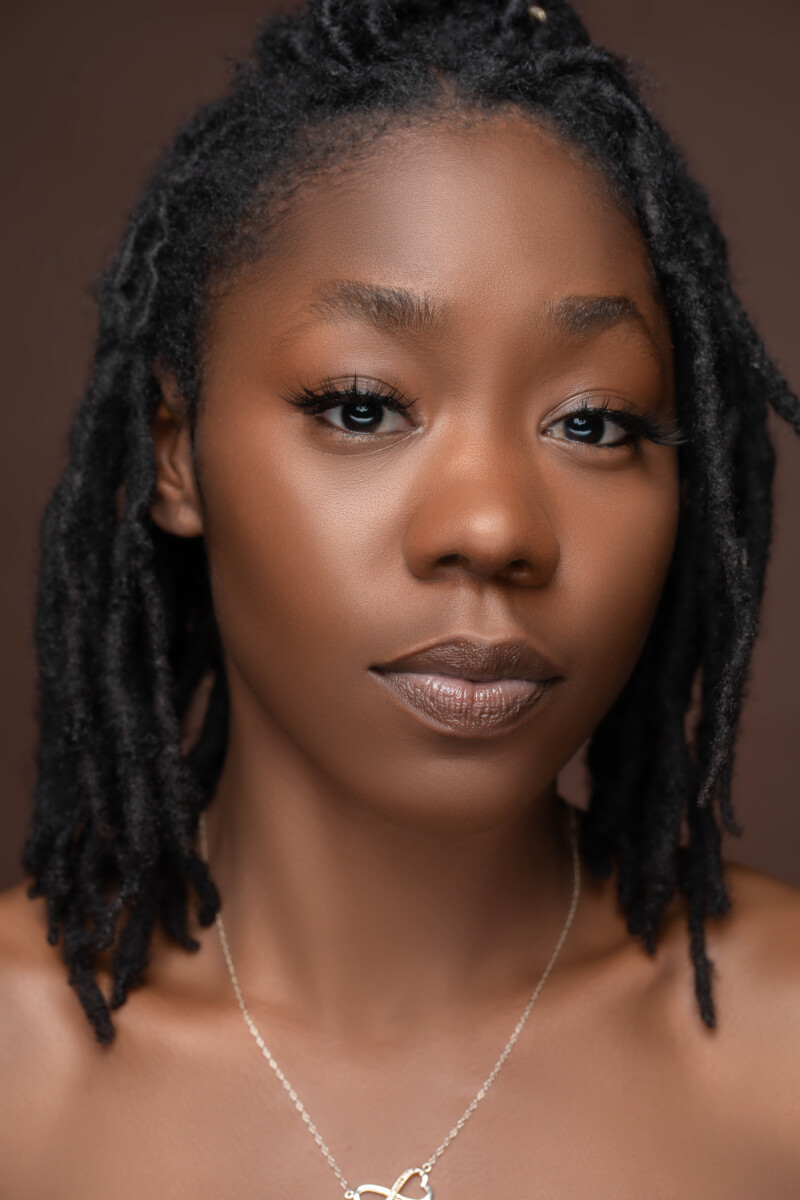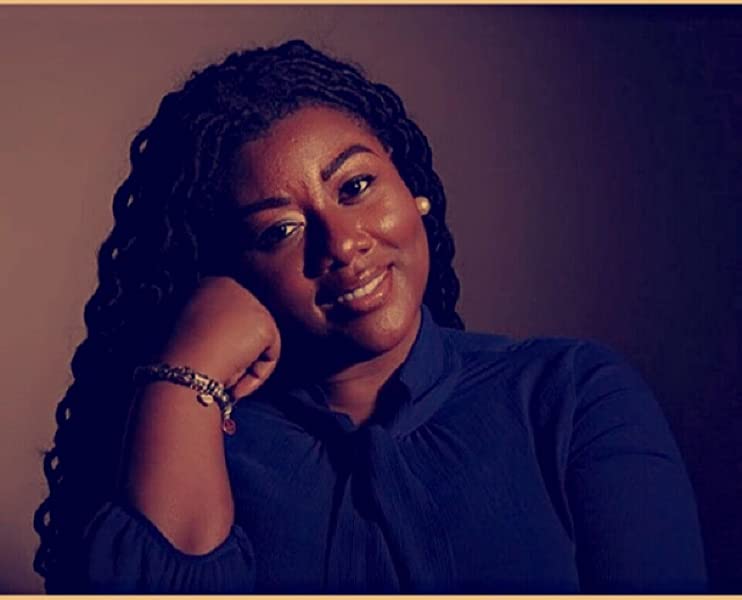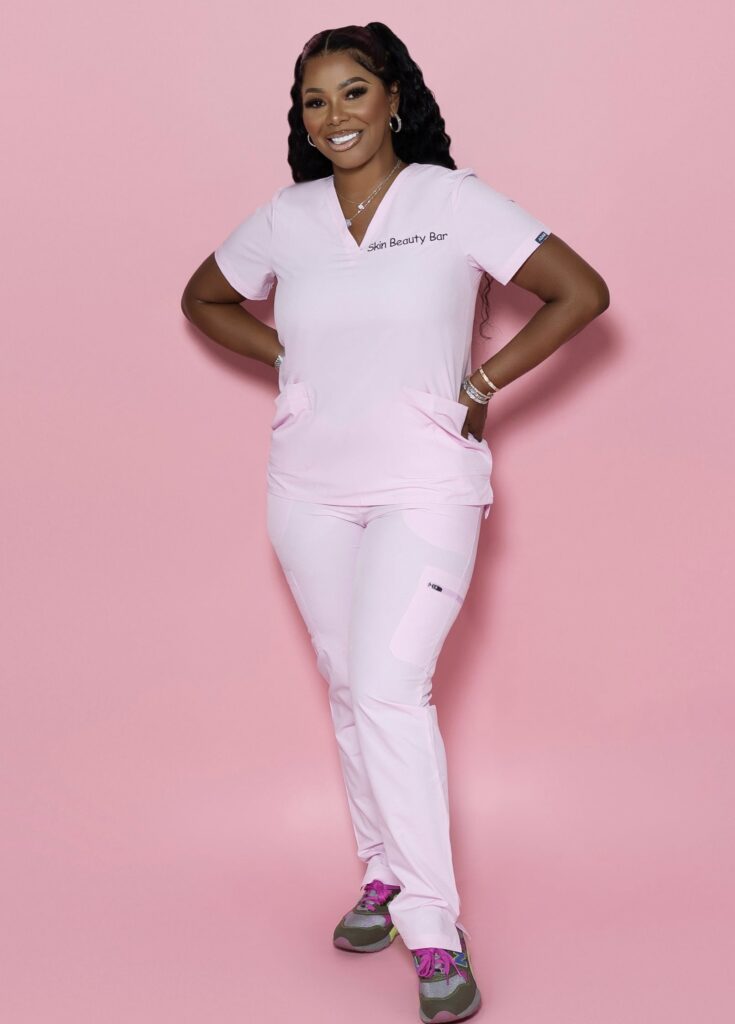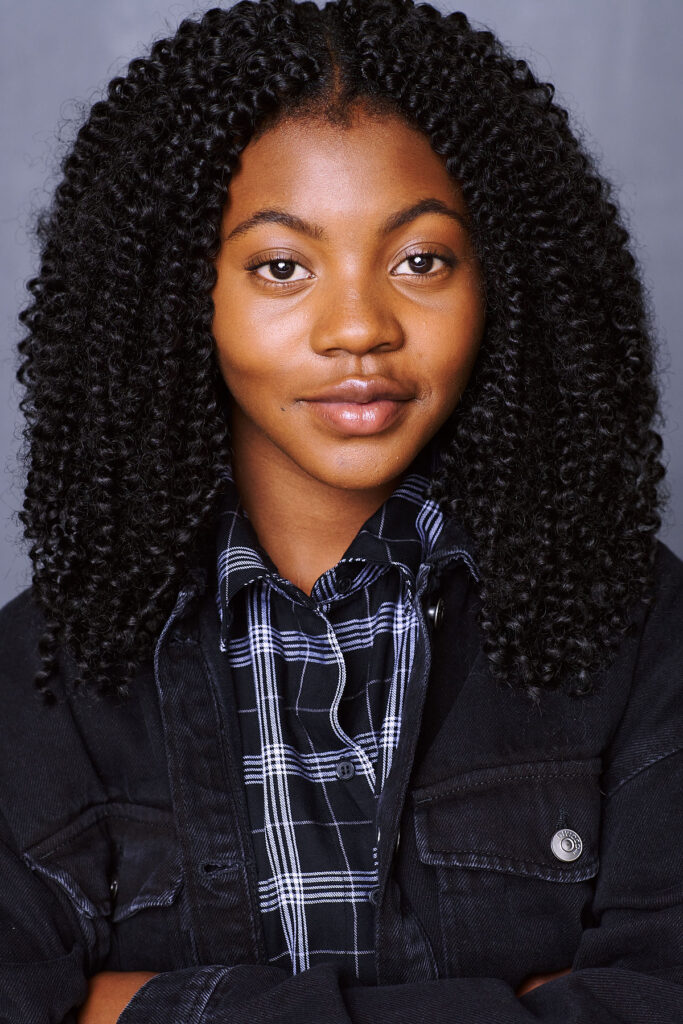India Arie said something important when she said, “It’s time for us to redefine who we be
You can shave it off like a South African beauty.” I mean, I get it, some people like to use their hair as a physical representation of their personality and then there are others who simply want a change, I know I did! I have shaved my head, had perms, went back natural several times, wore weave, and colored it some of everything. However, none of these were ever a problem, except for keeping boyfriends during middle school. The problem did not occur until I started my career and decided to get locs. The history of locs has always been told of being dirty, unkept, not “Standard”, ugly, annndd not professional! The same issues with locs are correlated with natural hair in general; nasty, inappropriate, in the way, not straight enough, I could go on forever, right?
I am sure by now that you have heard of Brittany Noble Jones from MS. Recently, she was fired from a news station in Mississippi because of her natural hair. You can follow more of Brittany’s story on her FB page @Brittany Noble Jones and her website http://www.thenoblejournalist.com/. Brittany is not the first and surely will not be the last person to have natural hair and have issues at the workplace. As Black women and men, we are expected to meet standards that was never meant for us to meet. We cannot help that our hair defies gravity. We cannot help that our hair was made to do amazing things! Yet, we are constantly stigmatized and harassed by something we cannot control. Now, I am no complete rebel, I understand the rules and concepts of professionalism, but what is the cost of hair freedom?
I love Brittany’s story, because while remaining professional through her hidden rage, she is pointing out several issues that needed to be addressed in the workplace. While working as a Journalist and News Anchor, Brittany had to use a persona to meet the News Station standards, again understandable; but, as long as Brittany had her hair like Becky, then she was always in the clear. As long as Brittany did not rebel against the stations hidden biases, then she was always in the clear. This was not fair for Brittany, nor any other person that experiences harassment at work because of their natural hair. However, Brittany kept straightening her hair, possibly disrupting any natural pattern that she was born with and wearing her weave. It was never a major issue for Brittany to wear her hair straight or any type of weave, the problem was when she decided to wear her afro. The problem was when she wanted to cover stories that could cause racial tensions.
Again, Brittany is not the only person and will not be the last person to experience issues at work because of natural hair. Just earlier of last year, according to the Alabama news, a Mobile native, Chastity Jones, was fired from her customer service job, because her “Dreadlocs” violated work policy. Eventually, Chastity took the case to Supreme Court with Equal Employment Opportunity Commission (EEOC), and the Court ruled that “Dreadlocs” were a “Liable characteristic that can be changed,” and therefore ruled that Chastity could be fired because of the potential messiness of her hair.
Though, Title VII of the Civil Rights Act of 1964 prohibits workplace discrimination based on stereotypes related to race (https://www.eeoc.gov/laws/statutes/titlevii.cfm), people like Brittany and Chastity will still be discriminated against because of the color of their skin and the natural of their hair. Again, what is the cost of our hair freedom?
Resources
https://www.eeoc.gov/laws/statutes/titlevii.cfm
https://www.al.com/news/mobile/index.ssf/2018/04/mobile_woman_wants_supreme_cou.html
http://www.thenoblejournalist.com/
Follow Us On Social Media!




